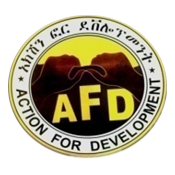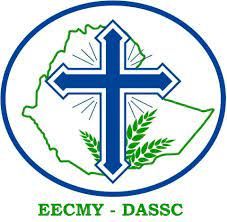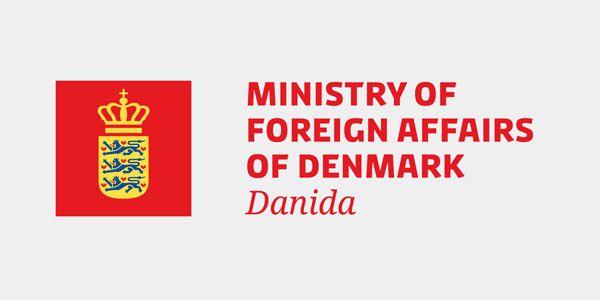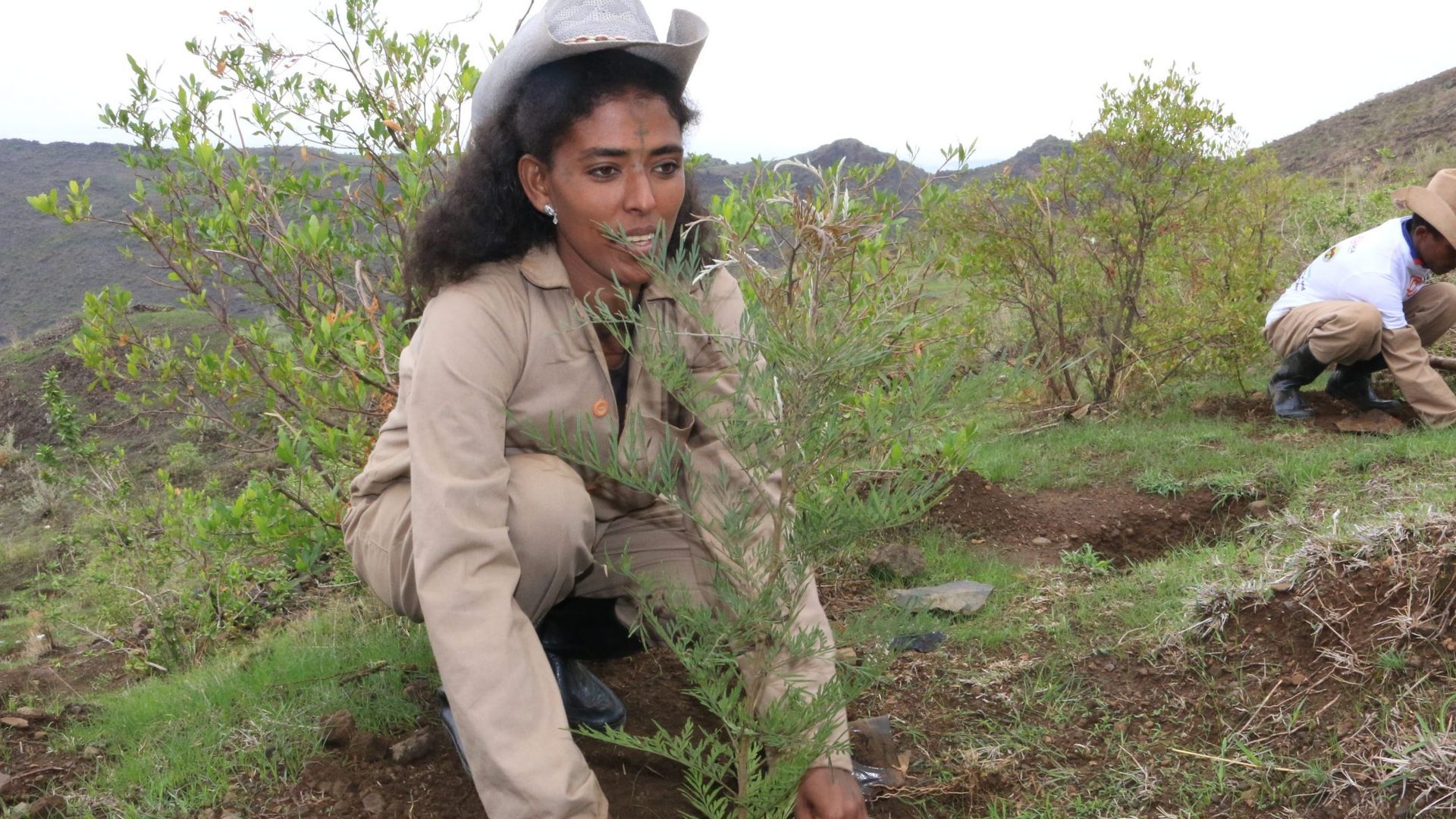The Issue
Climate change increasingly impacts the livelihoods of vulnerable, rural communities in Ethiopia. 70% of Ethiopians are reliant on agricultural production, increasingly erratic rainfall and prolonged periods of drought present a direct threat to the existence of rural lowland communities.
In Waghimra in the north and Bale in the south-east of Ethiopia, rampant environmental degradation further undermines local livelihoods and enhances the vulnerability to the increasing climate change impacts. Droughts and erratic rainfall in turn accelerate land degradation and vegetation loss, thereby stressing communities that are highly dependent on rainfed agriculture and pasture.
The Project
This project focuses on using community-driven and locally led adaptation initiatives, linking local and international actors, in a holistic model which aims to strengthen climate resilience and enhance sustainable economic opportunities through green jobs for drought prone communities in Dehana District of Waghimra Zone, Amhara Region and Dawe Kachen District of East Bale Zone in Oromia Region.
The Change
The outputs of the project are:
- Communities can manage local natural resources sustainably for enhanced climate resilience.
- Communities take up diversified climate adaptable green livelihoods, jobs, and enterprises, based on sustainable utilization of natural resources.
- Community-led adaptation actions and green innovations inspire and influence local, national, and global solutions and policy arenas in the field of climate change adaptation, especially with a focus on locally led adaptation and local ownership.
Read the below case study report to know more about the contribution of the project including lessons, critical challenges faced by rural communities and best practices of the project.
The Partners
Action for Development (AFD) is a learning organization, which in partnership with other development actors, complements the self-development initiatives of pastoral and other vulnerable communities in Ethiopia.
AFD undertaked programmes pertaining to resilient livelihoods, WASH and other basic services, natural resource management, social protection, Disaster Risk Managment, and accountable governance, with the mainstreaming of such issues as gender transformation, Core Humanitarian Standards, capacity development, Climate Change Adaptation, and youth empowerment.

The AfD programme, broadly, strives to contribute to the enhancement of:
- Food and nutrition security, and resilient livelihoods at the grassroots level
- Voice, space, and influence of deprived communities for the realization of citizen-responsive governance
Ethiopian Evangelical Church Mekane Yesus-Development and Social Services Commission (EECMY-DASSC) has extensive experience of managing natural resources, rehabilitation and environment conservation programmes, ranging from introducing micro hydro power as a means to slow the deforestation process in Ethiopia in a renewable energy community-based development project, to teaching know-how in forest management and protection of natural resources to local communities.

Our Work
DCA takes a climate risk informed approach to programming across the Humanitarian-Development-Peace nexus, ensuring fast emergency response to climate induced disasters and bridging early recovery to long term climate change adaptation and resilience building measures. Building on solid experience of locally led, community-based disaster risk reduction, we integrate climate risk analysis in disaster risk reduction and ensure links with national Early Warning Systems.
DCA integrates environmental sustainability considerations, adaptation to climate change and low emission development. DCA has a particularly strong expertise on climate resilient agricultural livelihood approaches, ensuring that agricultural enterprises build on sustainable agroecology practices, and are connected to relevant weather forecasts, climate risk information and agronomic advisory services.
DCA has supported relief projects in Ethiopia since the 1970s. It operated through local partners since 1982 and in 2004 the country office in Addis Ababa was established. DCA has field offices in Sekota-Waghimra (Amhara Region), Semera (Afar Region), Robe Town (Bale, Oromia Region) and Gambella city (Gambella Region). DCA Ethiopia’s programme interventions target rural, peri-urban and urban poor, IDPs, refugees and their hosting communities as direct beneficiaries. DCA works across the humanitarian-development-peace (HDP) nexus to bring about sustainability and cohesion. Additionally, DCA introduces innovative and appropriate technologies to address vulnerability, fill in knowledge and skills gaps, build local capacity, and when applicable, works closely with the private sector.
About this project
Full title: Community Led Adaptation for Climate Resilience and Green Income Opportunities in Ethiopia
Period: 1 March 2021 – 28 February 2023
Partner:
Total amount: DKK 8,600,000
SDGs:
- Goal 1 (No Poverty)
- Goal 2 (Zero Hunger)
- Goal 5 (Gender Equality)
- Goal 8 (Decent Work and Economic Growth)
- Goal 10 (Reduced Inequalities)
- Goal 13 (Climate Action)
- Goal 15 (Life on Land)
- Goal 16 (Peace, Justice and Strong Institutions)
- Goal 17 (Partnerships For The Goals)
People reached: 2667 Households have been reached during the first year of the project. (In the reporting period of 01/03/2021 to 28/02/2022)
Donor(s): DANIDA – Single Grant


